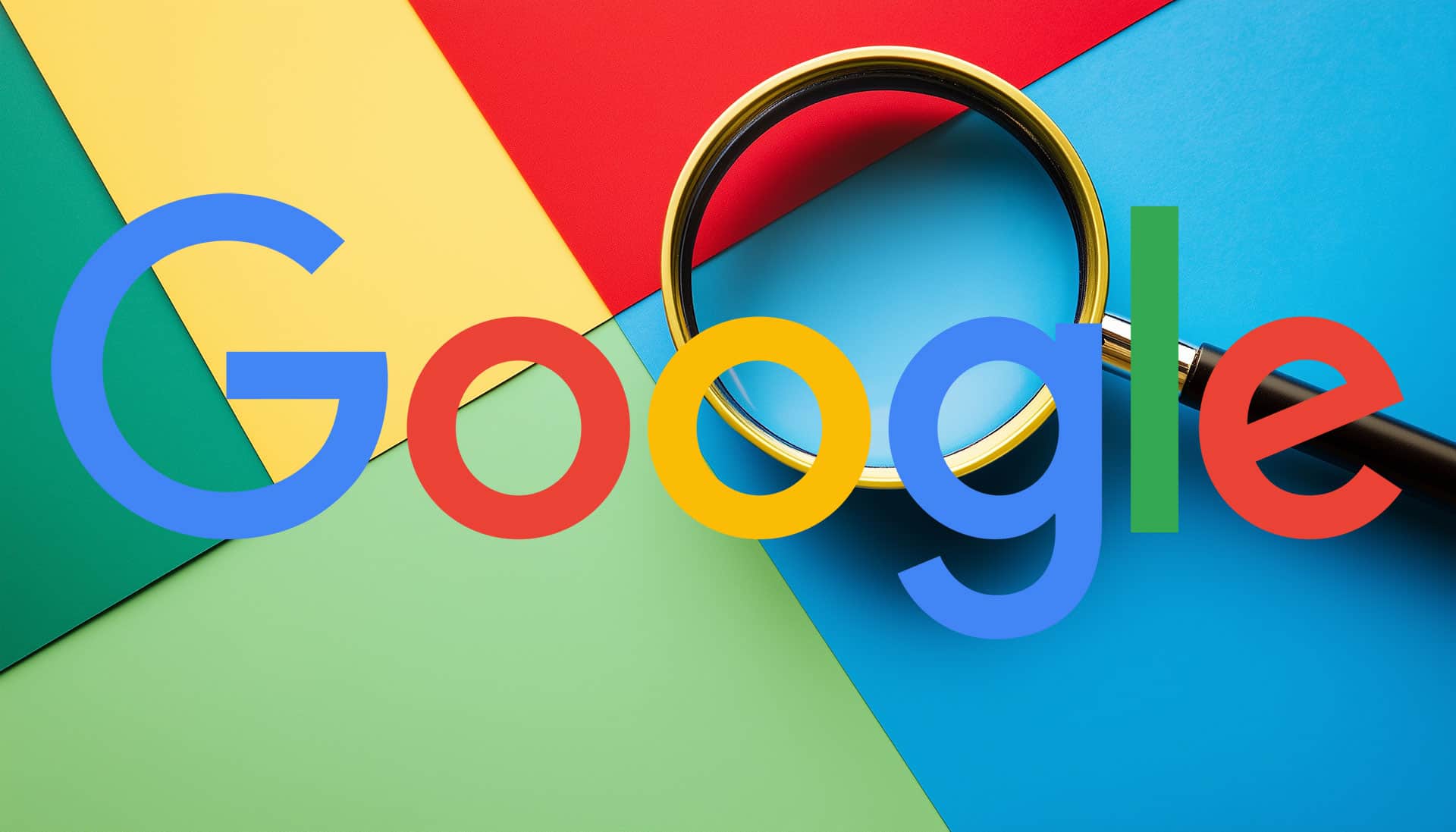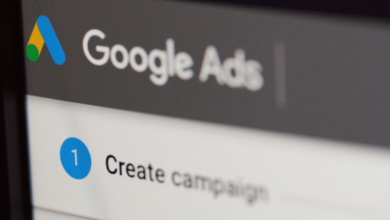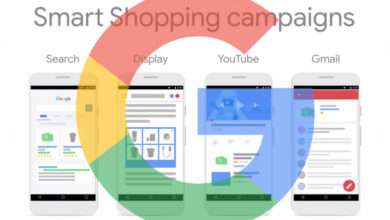Google updates ad policies to comply with Search spam regulations

Google to Disapprove Ads Pointing to Penalized Websites
Starting December, Google will expand its “Abusing the ad network” policy to explicitly disapprove ads pointing to destinations penalized for violating Google Search spam policies.
The details:
- Ads directing users to websites subjected to manual actions under Google Search’s Spam Policies will face automatic disapproval.
- Site owners impacted by manual actions are notified through Google Search Console, giving them a chance to rectify issues.
- The move aims to curb deceptive practices where advertisers attempt to drive traffic to spammy or manipulated web pages that have already been flagged by search enforcement teams.
Why we care: This update directly ties PPC performance to a site’s overall search health. If a site receives a manual action for violating Google’s spam policies, not only will organic traffic suffer, but paid campaigns driving to that destination will also be disapproved.
Neglecting site quality could now cut off both organic and paid traffic, amplifying revenue losses and disrupting marketing strategies.
Between the lines:
- This enforcement raises the stakes for PPC managers (as well as SEO managers). Sites hit with manual actions could see a direct impact on ad campaigns, not just organic search performance.
- You will need to monitor Google Search Console closely and resolve any manual actions to prevent ad disapprovals.
The bottom line: By linking ad disapprovals to search penalties, Google is doubling down on ensuring a high-integrity digital ecosystem, nudging advertisers towards long-term best practices rather than short-term gains.
Frequently Asked Questions
1. How will this policy change affect advertisers?
Advertisers will need to ensure that their websites comply with Google’s spam policies to avoid ad disapprovals.
2. What should site owners do if they receive a manual action under Google Search Spam Policies?
Site owners should promptly address the issues flagged in the manual action notification received through Google Search Console.
3. How can PPC managers mitigate the impact of this policy change on ad campaigns?
PPC managers should closely monitor Google Search Console for any manual actions and take immediate steps to rectify them to prevent ad disapprovals.
4. Will this policy change affect both organic and paid traffic to penalized websites?
Yes, neglecting site quality and receiving manual actions can result in both organic and paid traffic being cut off.
5. What is the significance of Google’s move in linking ad disapprovals to search penalties?
Google’s decision emphasizes the importance of maintaining a high-quality digital ecosystem and encourages advertisers to adopt sustainable marketing practices for long-term success.
Source: Search Engine Land


